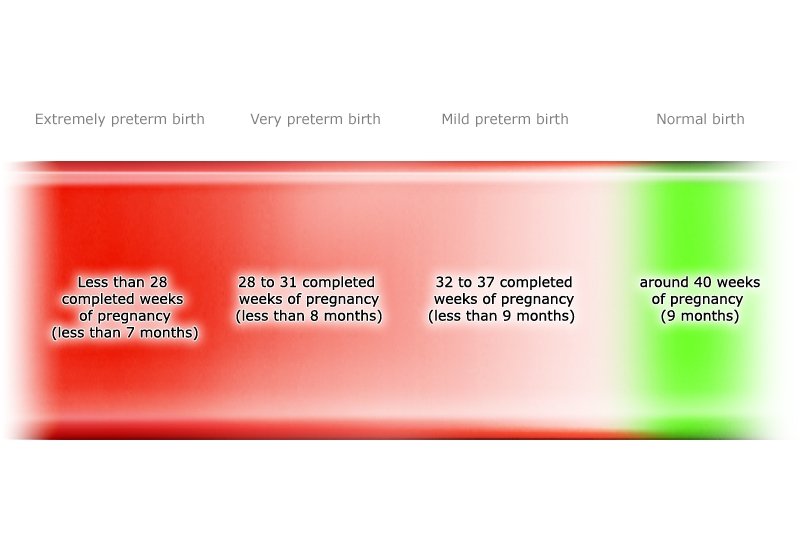What can be done if a baby is likely to be born too early?

Babies who are born long before their due date aren't completely ready for life outside their mother’s body. But if there are signs that a child will be born prematurely, a number of things can often still be done to reduce certain risks.
Some babies are unexpectedly and suddenly born too early. There are usually certain warning signs, though. Then it is often possible to prevent a preterm birth, or to at least delay the birth somewhat. Every day that the baby still has a chance to develop inside the womb counts.
At the same time, things can be done to increase the baby’s chances of survival and healthy development if they are born too early. Most importantly, the mother can be given steroids. They help the unborn child’s lungs develop more quickly.

